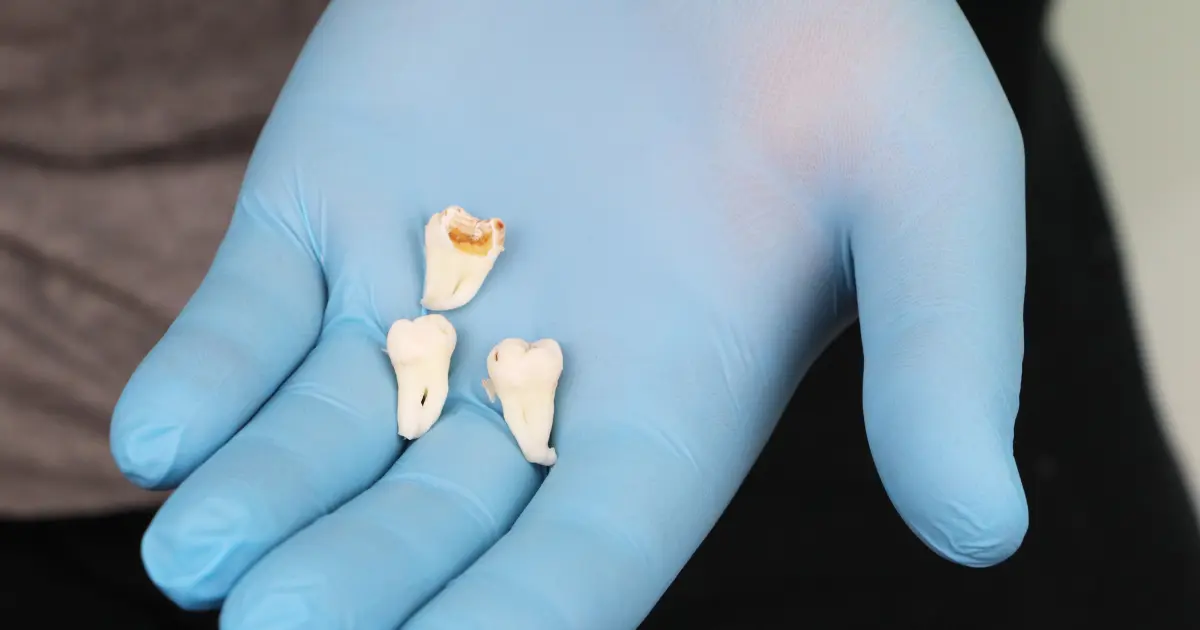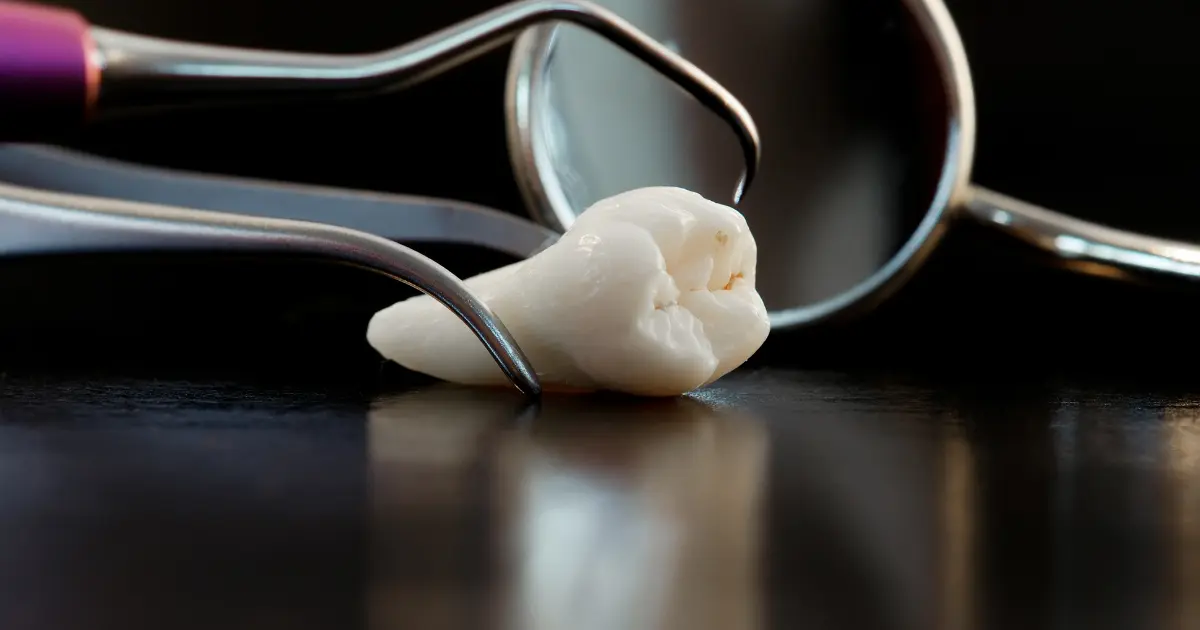A dazzling smile doesn’t just come from pearly whites. It’s the hidden players in the oral cavity that often shape the course of our oral health. Among these, the dental operculum plays an intriguing role. Let’s delve deeper and explore its realm in the oral ecosystem.
What is Dental Operculum?
A term plucked from the Latin dictionary, operculum means a ‘cover’. In dentistry, the dental operculum refers to a flap of gum tissue that often covers a partially erupted tooth, generally a wisdom tooth. This natural phenomenon becomes a topic of concern when it starts impacting your oral health.
Signs and Symptoms of Dental Operculum

The operculum might be a silent player, but its presence manifests through various signs and symptoms. Look out for these indicators:
- Discomfort or pain at the back of your mouth
- Swelling or redness around the affected area
- Difficulty in opening your mouth or swallowing
- Bad breath or a foul taste in your mouth
- Occasional bleeding from the affected area
Remember, these symptoms might not always be obvious, but their stealth shouldn’t be mistaken for insignificance.
Diagnosing Dental Operculum
A well-trained eye of dental professionals, like those at Zenit Dent, can easily diagnose the presence of a dental operculum during routine check-ups. They may use dental mirrors for a closer look or take X-rays for a definitive diagnosis. It’s always best to visit your dentist if you suspect any changes to your oral health.
The Risks and Complications of Untreated Operculum Dental
Leaving the dental operculum untreated is like opening a Pandora’s box of oral complications. Here are a few potential risks:
- Pericoronitis: This infection can occur around the soft tissues surrounding a partially erupted tooth, leading to severe pain and swelling.
- Tooth decay: The operculum can trap food particles and bacteria, fostering tooth decay in the hidden areas.
- Abscess: In severe cases, a pus-filled cavity can form, leading to an abscess.
- Impacted tooth: The presence of an operculum can lead to the improper eruption of a tooth, causing impaction.
How to Prevent Operculum Dental

While we can’t always prevent the operculum’s formation, we can certainly take steps to minimize its adverse effects. Maintaining immaculate oral hygiene is crucial. Regular flossing and brushing, especially around the area of the partially erupted tooth, can help keep the operculum clean and bacteria-free.
Moreover, routine dental check-ups are pivotal. At Zenit Dent, our oral health professionals are equipped with the necessary knowledge and tools to help monitor and manage conditions related to dental operculum.
Understanding the Oral Ecosystem
The oral ecosystem is a delicate balance of numerous elements, and the dental operculum is an integral part of this balance. It might seem insignificant at first glance, but its role in maintaining or disrupting oral health is substantial.
What Does Dental Operculum Feel Like?
The presence of a dental operculum often feels like a slight pressure or discomfort around the area of a partially erupted tooth. However, the sensation can vary from person to person, and some might not feel anything at all unless complications arise.
Complications in Different Age Groups
The complications of an untreated dental operculum can affect individuals of all age groups, but the severity and type of complications can vary.
Children and Teenagers
In children and teenagers, the operculum could lead to issues such as the improper alignment of teeth or the impaction of the tooth beneath. It’s crucial to monitor this phase carefully as the teeth are still developing.
Adults
In adults, the complications can be more severe and can include pericoronitis, tooth decay, and abscess formation. These complications can have a domino effect, impacting overall oral health.
The Role of Regular Dental Check-ups
Regular dental check-ups play a pivotal role in diagnosing and managing dental operculum. These visits allow your dentist to identify any changes or developments in your oral health promptly. They can recommend appropriate treatment options, thereby preventing complications.
Treatment Options for Dental Operculum
If the operculum is causing discomfort or complications, various treatment options are available. These could range from simple measures such as practicing excellent oral hygiene, using mouth rinses, or taking antibiotics, to more complex procedures like operculectomy or tooth extraction.
The Role of Zenit Dent in Managing Dental Operculum
At Zenit Dent, we are committed to providing comprehensive dental care, and managing dental operculum is part of this commitment. Our team of experienced dentists and oral health professionals is equipped with the knowledge and tools necessary to diagnose and treat this condition, ensuring you maintain a healthy smile.
In conclusion, the dental operculum, though small, holds immense significance in our oral health. Paying heed to its presence and understanding its potential effects can make a significant difference in our pursuit of a healthier smile. After all, oral health is a fascinating journey, not a destination.

Comments are closed